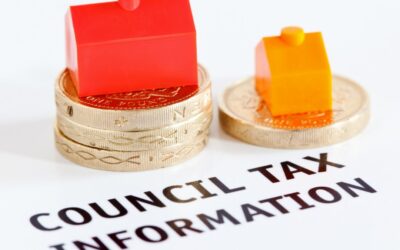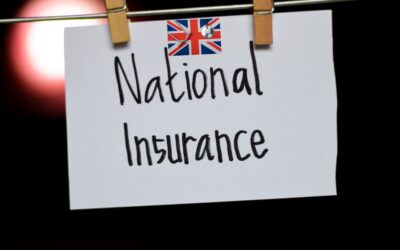Let’s be honest — taxes aren’t the most exciting topic. But if you’ve recently moved to the UK, started your first job, or are just trying to be a responsible adult (good for you 👏), then knowing how UK Tax work is crucial. Because in the UK, taxes are everywhere — from your salary to your shopping cart to your Netflix subscription.
Here’s your no-stress guide to the main types of tax in the UK you need to know about — without the confusing jargon.
1. 🧾 UK Income Tax
What is it?
This is the tax you pay on money you earn — from jobs, freelancing, or even rental income.
How much?
- You get a Personal Allowance of £12,570 (as of 2024–25) — that means you don’t pay tax on that part.
- After that, it’s taxed in bands:
- 20% (basic rate)
- 40% (higher rate)
- 45% (additional rate for high earners)
💡 Pro Tip: If you’re on a payroll, this is usually deducted automatically by your employer (called PAYE — Pay As You Earn).
2. 🏥 National Insurance (NI)
What is it?
NI contributions help fund things like the NHS, pensions, and unemployment support.
Who pays?
If you earn over £1,048/month, you’ll likely pay NI automatically from your salary.
Why it matters:
Your contributions count towards your State Pension and certain benefits in the future. Yes, it’s adulting at its finest.
3. 🛍️ Value Added Tax (VAT)
What is it?
This is a 20% tax on most goods and services — already included in the price of things you buy in the UK.
You’ll spot it on receipts, utility bills, electronics, clothes, and even takeaway. Some items (like children’s clothes and food essentials) are either taxed at a reduced rate or are zero-rated.
4. 🏡 UK Council Tax
What is it?
A local tax you pay to your local council for services like bin collection, street lighting, libraries, and emergency services.
Who pays?
Usually, the tenant or homeowner. Students are usually exempt, but you must apply for it.
📍 Heads up: This varies by area and property band — so check your postcode on your council’s website.
5. 💰 Capital Gains Tax
What is it?
If you sell an asset (like property or shares) and make a profit, that’s a capital gain — and it may be taxable.
When does it apply?
Mostly when you sell second homes, stocks, or business assets. If you’re into investing or property, keep this on your radar.
6. 🏢 Corporation Tax & Self-Assessment
Starting a side hustle or business?
- If you’re freelancing or self-employed, you’ll need to register with HMRC and pay tax through Self Assessment.
- Running a limited company? You’ll deal with Corporation Tax on profits.
Too Long to read This UK Tax Guide:
Taxes are a part of life in the UK, but once you understand the main types — they’re not so scary:
- Income Tax: From your salary
- National Insurance: For NHS & pensions
- VAT: Already added to most stuff you buy
- Council Tax: Paid monthly if you rent/own
- Capital Gains: For property/investment profits
- Self-Employment Taxes: For side hustlers & freelancers
Stay aware. Stay tax-savvy. And remember — you don’t have to be an accountant to handle adulting like a pro. 💼📊




